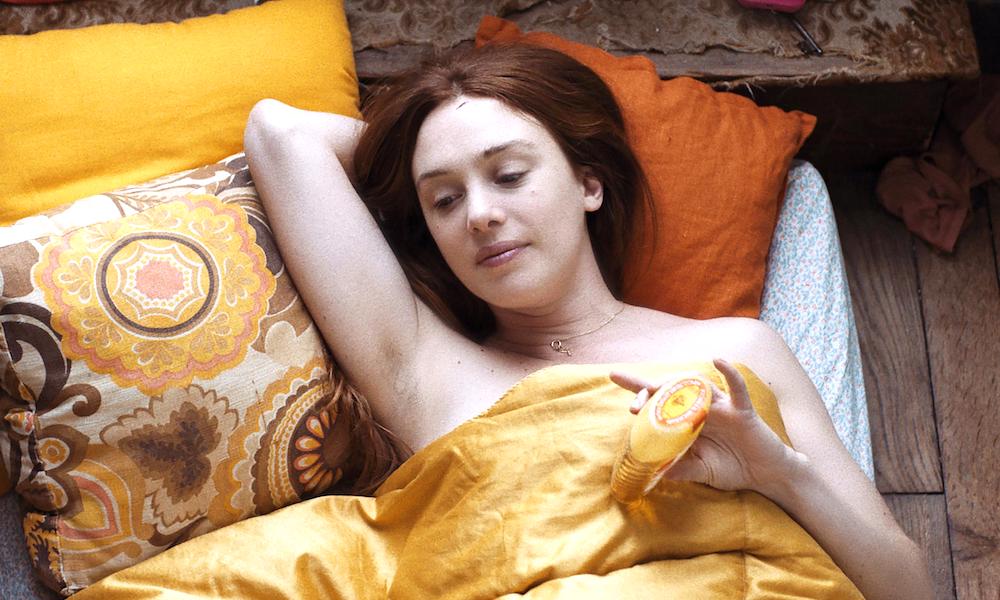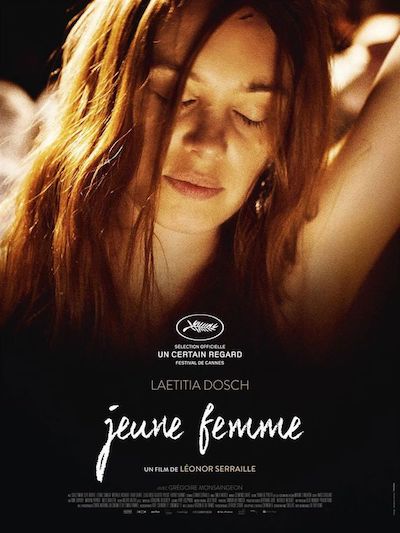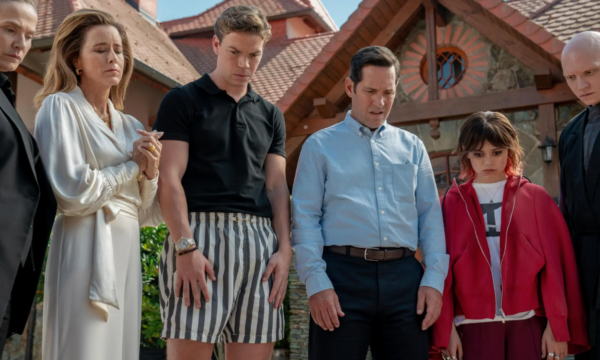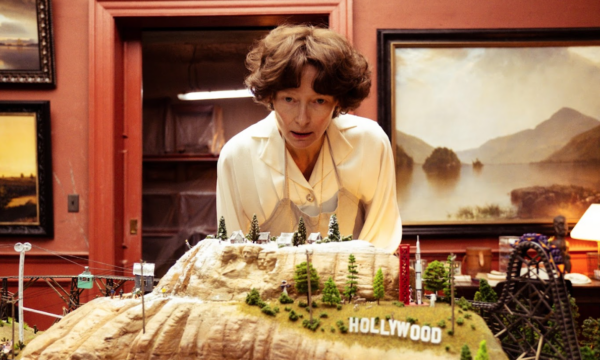Jeune Femme (Montparnasse Bienvenue)

Enjoyment of this film rests on how much you warm to its lead Laetitia Dosch, who plays the quirky and somewhat luckless Paula, the jeune femme of the title. This critic found her performance excessively grating, but such a reaction would probably justify the film’s implicit comment on male squeamishness and negligence. First-time director Léonor Serraille shows that Paula’s social and financial woes are down to her own choices, too, but that these are hardly helped by a Parisian society which sneers at general fecklessness and winces at loud, complicated women.
We begin with Paula directing a volley of abuse and recriminations at the camera. Turns out she’s relaying this information to a doctor. The suggestion is that she’s suffering from some form of mental illness, although this idea falls by the wayside as the film develops. She has recently split from her older photographer boyfriend Joachim (Grégoire Monsaingeon) – we later discover he’s a pompous oaf – who uses photos of Paula as part of his successful exhibition. He doesn’t answer the door anymore, despite Paula’s pleas for reconciliation. So she takes his stunning white mog and the fluffy feline provides the standout performance of the picture, regularly eyeballing the camera like a sociopath. Paula bounces through various part-time jobs, including fraught employment as a babysitter for an assertive, strict dance teacher. Relying on the kindness of strangers while trying to form bonds in the notoriously sniffy French capital, Paula meets gentle security guard Ousmane (Seye Ndiaye) and party-going Yuki (Léonie Simaga). The latter mistakenly thinks the pair were friends at school and wishes to rekindle their relationship. Paula’s well-intentioned deceptions do her few favours.
Serraille messily skips here and there as we follow Paula’s whims and caprices around the city. The script is cutting at points, but it’s a shame the relationship with Paula’s fragile, explosive mother isn’t explored further as it offers the strongest commentary on her erratic behaviour. Good heartedness is evident throughout, and the end satisfyingly depicts her growing independence from odious men. Overall, however, this film is a chore. Irritating, confrontational protagonists aren’t necessarily a problem, but it becomes a struggle when we’re so clearly supposed to side with them.
Joseph Owen
Jeune Femme (Montparnasse Bienvenue) is released in select cinemas on 18th May 2018.
Watch the trailer for Jeune Femme here:




















Facebook
Twitter
Instagram
YouTube
RSS